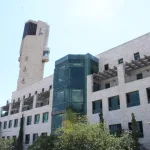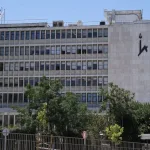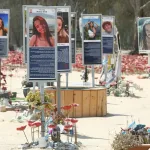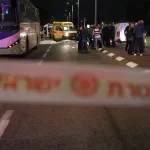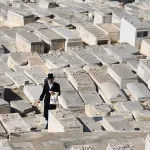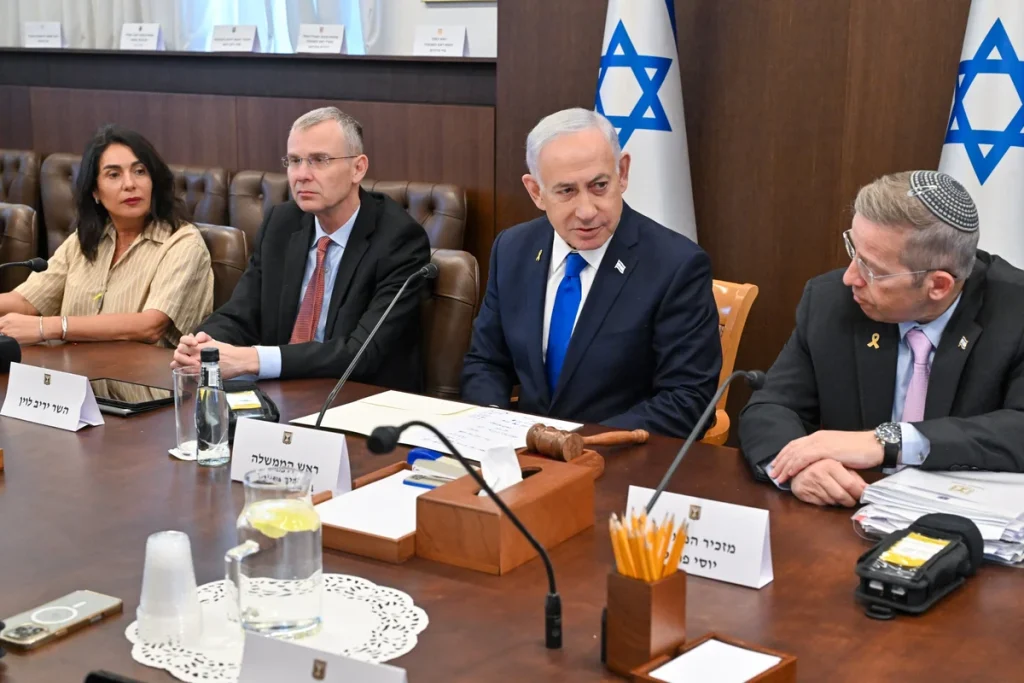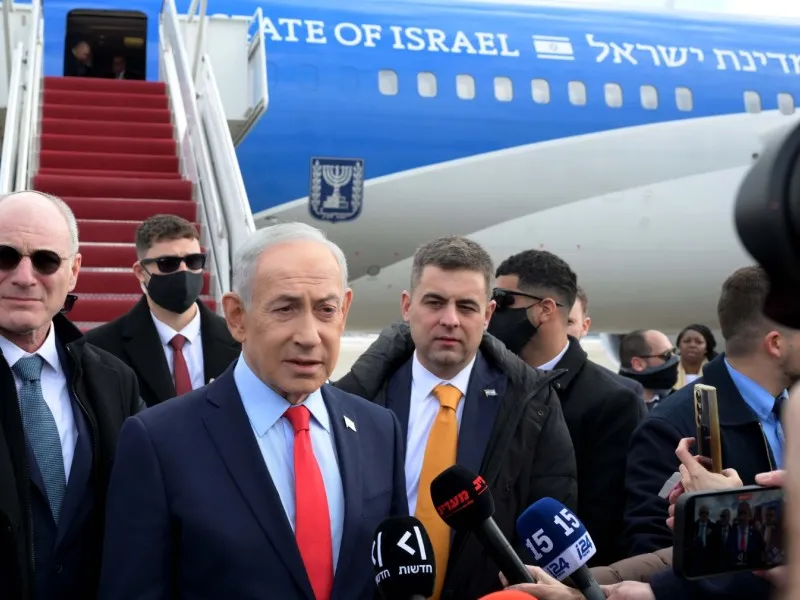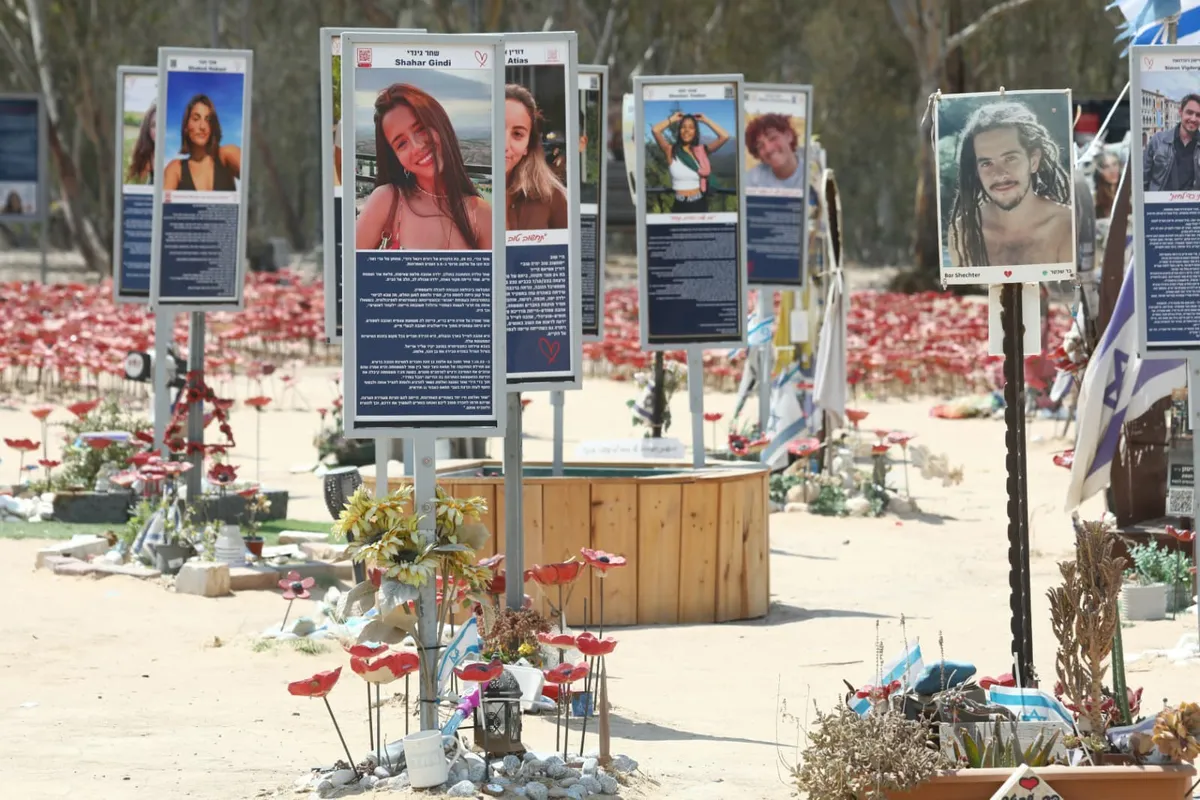Jerusalem, 9 November, 2025 (TPS-IL) — Prime Minister Benjamin Netanyahu confirmed at Sunday’s government meeting that Israel is expected to receive the body of fallen IDF officer Lt. Hadar Goldin later in the day, 11 years after his death and abduction by Hamas. He also unveiled an NIS 1.2 billion ($370 million) aid package for Beer-Sheva and noted an upgrade of Israel’s Standard & Poor’s credit rating.
“Hamas announced yesterday that it is holding the body of Lieutenant Hadar Goldin, may his memory be blessed,” Netanyahu said. “We are supposed to receive the body this afternoon. During this entire period, we made great efforts to return him, amid the severe torment of his family, who will now be able to bring him to the grave of Israel.”
Goldin was killed in 2014 during fierce fighting in Rafah. His body was seized by Hamas, which refused to return it despite repeated international appeals and Israeli negotiations.
“We said at the beginning of the war that we would return all the abductees, without exception. Two hundred fifty-five were kidnapped, and we have returned 250 so far. We will return them all,” he said. “This is a great duty of ours, both for our soldiers and for the security personnel. It expresses the mutual guarantee we have for the citizens and fighters of Israel.”
According to Al Jazeera, Goldin’s body was found in an area of Rafah in southern Gaza controlled by the IDF. Rafah lies behind the Yellow Line established by the current ceasefire framework. Some 200 Hamas gunmen are stranded in tunnels on the Israeli side of the Yellow Line. Israeli officials have reportedly indicated a willingness to let the Hamas men leave in exchange for the return of Goldin’s body. Israeli officials have not indicated whether any deal was made.
Goldin was killed and his body seized by Hamas in Rafah in 2014 during a U.S. and U.N.-brokered ceasefire on Aug. 1, 2014. A Hamas squad emerged from a tunnel and ambushed Goldin’s unit, killing him and two other soldiers.
Netanyahu’s comments did not address the issue of safe passage for around 200 Hamas terrorists stranded in tunnels on the Israeli side of the Yellow Line.
Turning to domestic issues, Netanyahu unveiled an NIS 1.2 billion ($370 million) aid package for Beer-Sheva aimed at strengthening infrastructure, healthcare, and economic growth in the Negev. The plan includes a new light rail line connecting the city to Soroka Medical Center, a new hospital tower, and expanded investment in cyber, R&D, and industry.
“This strengthens the entire Negev,” Netanyahu said. “It’s part of a plan I’ve been leading for years to develop the south by combining government infrastructure with private sector investment.”
Minister of Transportation Miri Regev also mentioned plans for a high-speed train running from Haifa to Beer-Sheva cutting travel time between the two cities to about an hour.
Netanyahu also pointed to positive economic indicators, including a recent S&P upgrade to Israel’s credit rating. On Friday, S&P upgraded Israel’s rating outlook to “Stable,” while maintaining the country’s overall rating at “A.” This marks the first positive shift in Israel’s credit assessment since all three major agencies — S&P, Moody’s and Fitch lowered the country’s credit rating during the war.
“Israel’s geopolitical status has greatly strengthened,” Netanyahu said, asserting that Iran’s regional influence has been “significantly reduced” since the war. He cited low unemployment, strong shekel performance, and robust postwar economic growth as proof of the country’s resilience.
“Israel’s economy is very strong,” Netanyahu said. “It will continue to be strong with the responsible policy that we will continue to lead.”


